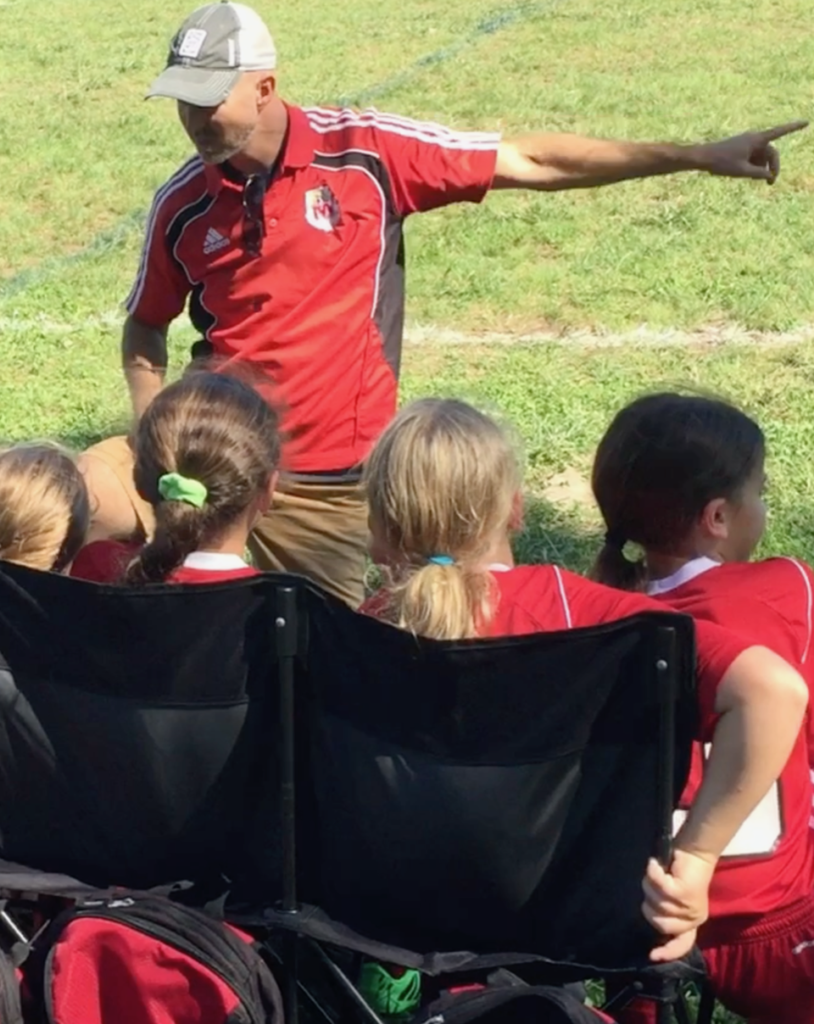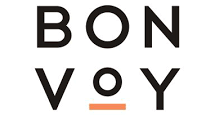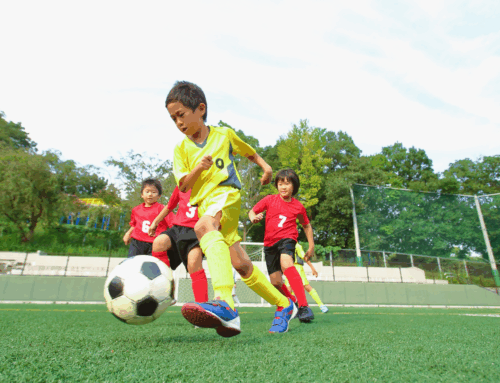Get our exclusive report. Download the iSport360 Club Switching Report Here – For Club Admins, Rec Leaders and Coaches.
Classroom Best Practices to the Field

Picture for a minute if parents were allowed to sit on the sidelines of their kids’ classrooms each and every day, calling out cheers of encouragement not-so-subtly blended with tips, instructions and even hasty commands for their kids and the teachers. Can you imagine the chaos? Then imagine if teachers didn’t have to send home report cards, test scores or feedback to let parents know how their kids were doing. This just would never fly. Well this is what is happening in youth sports. There’s an epidemic of parents coaching from the sidelines and separately, there’s a lack of objective and timely feedback from coaches to help players develop. No wonder it’s such a pressure cooker at these games.CLICK HERE TO GET GREAT DEALS FROM MARRIOTT FOR YOUR NEXT TRAVEL TEAM TOURNAMENT.
As a sport parent and coach, I have sat on both sides of the field (and made my share of mistakes there too). The good news is, we can solve these problems by looking at best practices in K-12 Education.
Back To School Night for Coaches and Parents

In our kids’ schools, the beginning of the school year typically starts with Back to School Night, the perfect opportunity for a teacher to set expectations, an agenda and the tone for the year. I like to use the same strategy with the teams I coach. I typically get the team parents together, set the tone and talk about goals for the kids. I always emphasize personal skill development but remind parents that encouraging life skills, fun and a love for the game are equally important.
I also set the important expectations that parents should not coach from the sidelines. It’s not that I’m a control freak, it’s just that countless studies have taught us all the reasons why kids benefit when their parents stay quiet on the sidelines. (More on this topic in another article). The most important point is to use a “Back to School Night” to get coach and parents on the same page.
Parent-Teacher Conferences for the Team
Every school holds periodic Parent-Teacher Conferences so teachers can share feedback and get parents to help in areas where their kids need it most. And since almost every school district now has an online parent portal, there’s no excuse for parents and teachers to not be on the same page. If parents and teachers are collaborating to accelerate student achievement in school, why are we not applying this in youth sports?
Parent-Coach conferences do happen at the ballfields but unfortunately, they are usually the “unscheduled” variety where a heated parent confronts a coach to find out why their kid didn’t get more playing time or didn’t play the position they wanted. And coaches HATE this. Let’s start applying what we know works in the classroom. Pro-active player feedback and regular coach communication does wonders for a child’s success and confidence. This also helps sports parents chill-out on the sidelines.
Report Cards for Youth Athletes
Could you imagine if your child’s school told you that they would no longer be sharing report cards, test scores or quiz scores with you? Would you ever accept that? Then why do we pay hundreds (and in some cases thousands) of dollars for our kids’ youth sports programs and expect our kids to succeed without objective assessments and feedback? I’m not suggesting that this will put every kid on a path to scholarship; however, feedback can help each kid achieve their own version of success, have more fun, stay active and love their sport.
Core Standards in Youth Sports
Almost every school in the U.S. subscribes to federal, state or local education standards to ensure that students are on a path to success. In fact, educators are trained to tie their curriculum, tests and quizzes directly to the core standards. Let’s get youth sport clubs, leagues and national governing bodies to adopt standards. Wouldn’t it help to have some guidelines that are specific to sport, age and gender to help us guide our kids? Today, the millions of coaches and trainers in the United States are teaching to a different set of skills that he/she has in their head. Let’s be clear with our young athletes about what we want to help them achieve each sports season.
Bottom Line: By applying best practices from the world of education, we can create a better, more successful, healthier youth sports experience for our kids.

Ian Goldberg is a sports dad, youth sports coach and the Founder of iSport360, an early stage youth SportsTech company. He is also a thought leader and national speaker on the topic of improving youth sports for kids, coaches and parents. Marriott is proud to support Ian and iSport360 in getting coaches and parents to work together so young athletes can have more success, more confidence and more fun.
Learn more or request a demo of our youth sports software that is helping teams improve communication, organization and player development.
October 2, 2019





